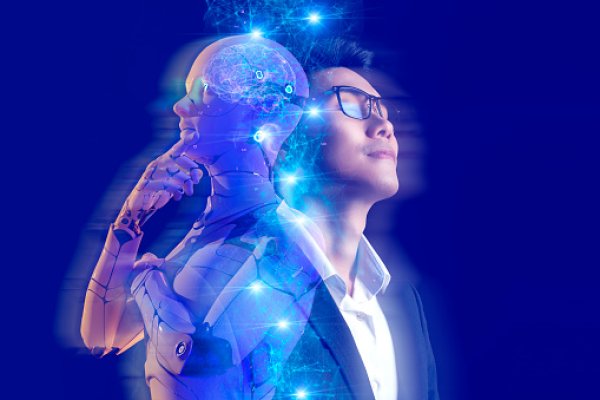Hinton, one of the three “Godfathers of AI” honored with the 2018 Turing Award for their impactful research in Artificial Intelligence, has expressed that part of him regrets his life’s accomplishments.
Speaking out about the dangers associated with Artificial Intelligence (AI) recently led to Hinton, 75, quitting his job at Google. This was revealed in an interview with The New York Times.
Hinton, an employee at Google for over 10 years, had been working there for a long time.
Hintonm says:
“I console myself with the normal excuse: If I hadn’t done it, somebody else would have,”
“It is hard to see how you can prevent the bad actors from using it for bad things.”
Last month, Andrew Hinton notified Google of his resignation, and this past Thursday, he had a direct conversation with CEO Sundar Pichai. Although details of the talk remain unknown, the company has acknowledged Hinton’s resignation.
ChatGPT and Google Bard result from work to improve natural language processing capabilities. This work has aimed to develop complex algorithms that can analyze language with greater accuracy, understanding the grammar and contextual meaning more nuancedly.
Hinton and two of his students founded a company that Google later acquired. One of the students became the chief scientist at OpenAI, and Hinton stayed with Google in an academic capacity for life.
Hinton’s groundbreaking research, alongside that of his students, enabled the formation of a neural network that could recognize familiar objects– such as dogs, cats, and flowers– by analyzing thousands of images. Consequently, this work has shaped the conception of Google Bard and ChatGPT.
When Microsoft unveiled its OpenAI-enhanced Bing, challenging Google’s main business, Hinton was pleased with Google’s ownership of the technology until now. This caused a “code red” response within the search giant.
Hinton believes that the growing competition between computer-generated fake images and texts might be unceasing, eventually leading to a drastically altered reality where it will be difficult to discern what is real.
Jeff Dean, Google’s Chief Scientist, sought to lighten the mood with his statement:
Jeff Dean says:
“We remain committed to a responsible approach to AI. We’re continually learning to understand emerging risks while also innovating boldly.”
Hinton’s immediate worry is the spread of misinformation. Yet, his longer-term worry lies in AI eliminating rote jobs and possibly humanity due to its ability to write and run code. Taking to Twitter, he clarified this position on Google’s stewardship.
Hinton continues to say to the NYT:
“The idea that this stuff could actually get smarter than people — a few people believed that,”
“But most people thought it was way off. And I thought it was way off. I thought it was 30 to 50 years or even longer away. Obviously, I no longer think that.”
They must strike a balance between scientific progress and the ethical considerations that come with it. Doing so allows us to avoid past mistakes and work towards a brighter future. So let us learn from the lessons of Oppenheimer and other pioneers who have come before us and strive to conduct our research to benefit humanity without sacrificing our values and principles.
Source: The Verge



